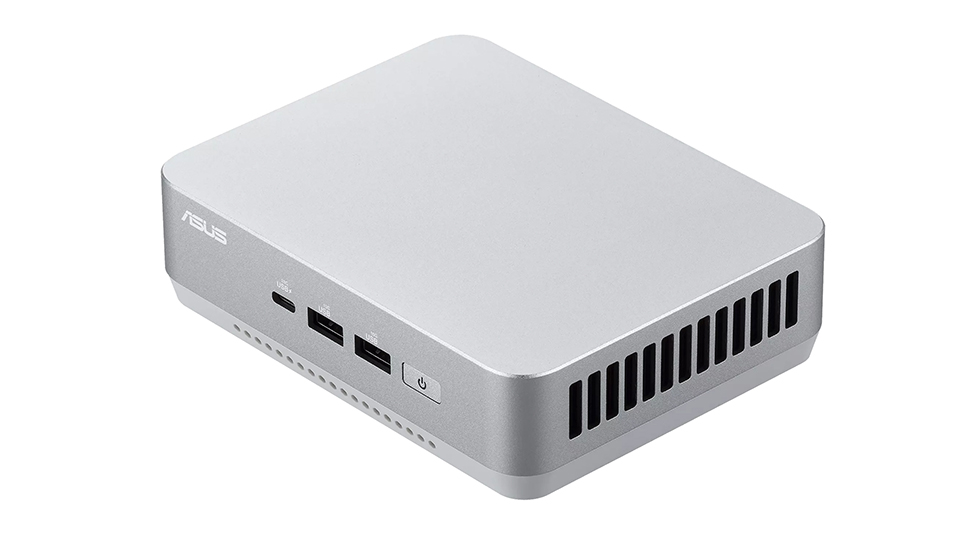Asus quietly launches powerful NUC-branded mini PCs that got me thinking — why would anyone buy a boring, bulky desktop PC these days?
Mini PCs are no longer underpowered or limited – if you shop around, you can get your hands on some very capable, very affordable devices that can drive multiple displays simultaneously.
Case in point – at CES 2024, Asus launched two new NUC-branded mini PCs: the Asus NUC 14 Pro and NUC 14 Pro+.
It’s no surprise that Asus has followed the path that Intel set when it originally created the NUC (Next Unit of Computing) brand.
A wealth of connectivity options
The first of these new computers, the Asus NUC 14 Pro, is a compact, 4 x 4-inch mini PC (available in slim and tall variations), powered by up to an Intel Core Ultra 7 (Meteor Lake) processor, backed by up to Intel Arc graphics. You can choose between 8GB and 16GB of DDR5 RAM and it features Intel WiFi 6E AX211 Wi-Fi and Bluetooth 5.3. It comes with Windows 11 Home or Pro installed, but there’s a Pro Kit model without an OS if you prefer to choose your own.
The rear of the device offers a selection of ports – two Thunderbolt 4 / USB4 Type-C Ports (up to 8K@30Hz when combined), one USB 3.2 Gen 2 Type-A, one 2.0 Type-A, two HDMI 2.1 (TMDS up to 4K@60Hz with CEC support), plus one RJ45 LAN Port.
On the front there’s one USB 3.2 Gen2x2 Type-C (20Gbps) and two USB 3.2 Gen2 Type-A.
In total the new mini PC can power up to four external displays.
Asus NUC 14 Pro+ takes things up a notch. Its precision crafted anodized aluminum 5 x 4inch chassis houses up to an Intel Core Ultra 9 processor capable of running generative AI workloads, backed by Intel Arc graphics.
The rest of the specs are mostly the same as its smaller sibling and you can choose between Windows 11 Home or Pro, or no OS if you opt for the Kit version.

Both models have a toolless design, to make them easy to open so you can access the M.s PCIe SSD nodule for easy upgrades.
There’s no word on pricing or availability for either model yet.
These Asus mini PCs offer all the performance of a desktop, but in a sleek, space-saving design. So, getting back to the question I posed in the headline, why would anyone choose a bulky desktop these days?
More from TechRadar Pro
- These are the best mobile workstations around
- And these are the best business laptops available today
- This new Mini workstation really is small but mighty
stereoguide-referencehometheater-techradar